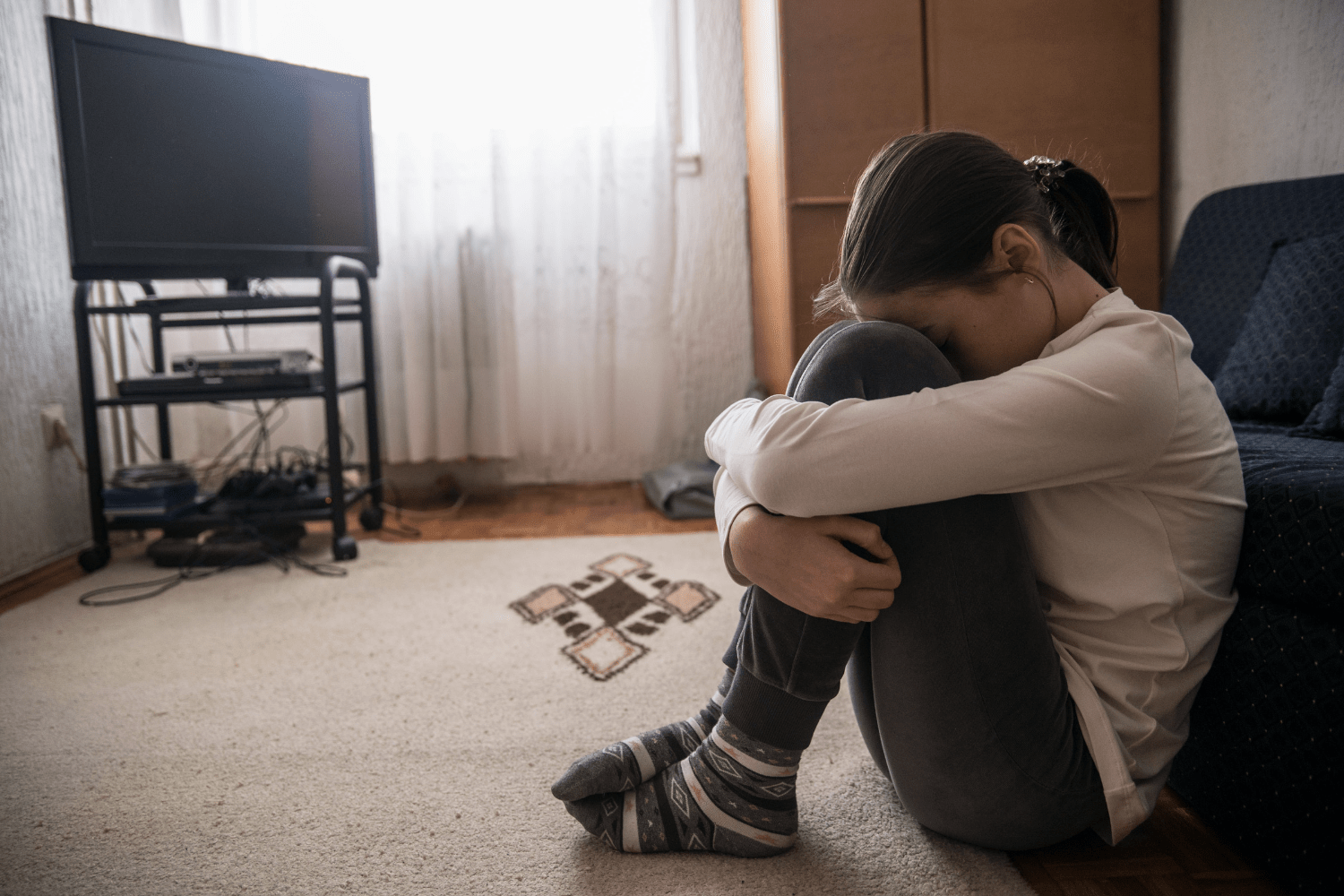County Lines: What is it?

County lines refers to illegal drugs being moved across the country, usually crossing local authority boundaries.
Young people and children as young as eight are often used to transport the drugs and anyone can be affected, regardless of background or gender. The ‘county line’ is the mobile phone line used to take orders.
Why should parents and guardians be aware of county lines?
There are risks involved with carrying and selling Class A drugs, so gangs often recruit young or vulnerable people to take on the risks for them. This could include moving drugs or weapons from one place to another (such as from a large city to a rural area), selling drugs or even enforcing threats and violence on behalf of the gangs. Because of the financial rewards associated with Class A drug operations, violence can be extreme.
Who gets involved in county lines?
Children as young as 8 are involved in county lines operations, although the average age is believed to be around the region of 14-16 years old. They can be recruited online, via social media platforms, as well as in person. Gangs might hang around local schools and parks to recruit, offering gifts such as money, drugs, alcohol or food.
Any child can be targeted, not just those from disadvantaged areas or backgrounds. Ideal candidates for their operations include middle- and upper-class persons, including girls, as they may be less likely to be considered by others as being part of a violent drug operation. These young people are victims of criminal exploitation, which is a form of child abuse, although they may not realise it and may actually feel as though they are respected by the criminals.
County lines gangs might threaten young people and their families with violence if they refuse to work for them. Because of this, they might feel trapped and be reluctant to open up to adults about their involvement. Evidence shows that children are more likely to open up to someone they know and trust such as a parent, grandparent, teacher or sports coach. We all have a duty as adults to listen and act if a young person opens up about criminal exploitation. To read more about Child Criminal Exploitation (CCE), click here.
Signs a young person might be involved in county lines
- Having unexplained injuries such as cuts or bruises that they do not want to talk about
- Having an unexplained amount of money or other expensive items
- Increase in their use of drugs or alcohol
- Going missing from home or being absent from school without an explanation
- Having a new, previously unknown group of friends
- Becoming anxious if they cannot access or answer their phone
- Having more than one mobile phone
The most obvious sign is a change in a child or young person’s behaviour from what is ‘normal’ for them.
Glossary of terms used by individuals associated with county lines
Trapping – transporting or selling drugs.
Going country – the act of moving drugs to a rural area outside of a city, this job is often given to exploited young people who carry the risks of moving the drugs. This might also be shortened to “going cunch” or “gone cunch”.
Cuckooing – taking over the house or property of a young or vulnerable person for the purpose of selling and/or manufacturing drugs such as crack cocaine.
Trap house – a house from which drugs are sold or manufactured. This can also be known as a “bando”.
Trap line – a phone from which drugs are sold, often carried by the young person being exploited.
Shotter – a drug dealer.
Further support
Visit Fearless.org to report exploitation 100% anonymously. This means that no one will know who has reported the crime and the young person being exploited will not be treated as a criminal.
If you think a young person you know could be in immediate danger call 999, or if you have non-urgent information to share with the police, contact Crimestoppers on 101 or 0800 555 111.

